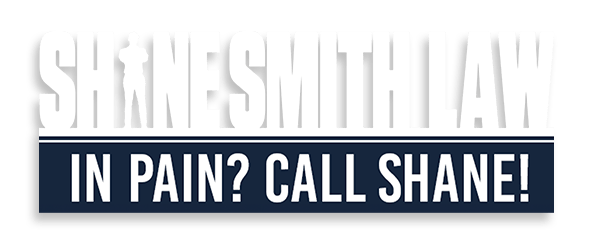Many different kinds of commercial trucks travel America’s roads and highways every single day. Many motorists do not know how to differentiate the types of trucks and their respective dangers from one another. For instance, different types of cargo require different types of trailers. A truck carrying fuel or chemicals requires a trailer called a tanker, which is cylindrical in nature. A truck carrying food may require a refrigerated trailer, which is sometimes heavier than regular trailers. Especially heavy or awkward loads may require a trailer called a lowboy, which is built lower to the ground than regular trailers to make it easier to load the cargo. This type of lowboy trailer also poses unique dangers to other motorists on the road. If you have been involved in an accident with a lowboy or other type of truck, contact a trucking accident lawyer in Fayetteville to help you get compensated for your injuries.
Lowboy trucks can be a combination tractor-trailer or single-body trucks. Either way, the low proximity to the ground makes it easier to load cargo such as:
- Heavy machinery
- Prefabricated houses
- Construction equipment such as bulldozers or backhoes
- Aircraft, such as planes or helicopters
- Tanks or other military equipment and vehicles
These are only a few of the examples of cargo that regularly makes use of lowboy trucks. As you can see, this cargo is significantly heavier and can be more dangerous if something goes wrong and causes an accident. For example, if a trailer is not properly rated or approved for the type, shape, and weight of the particular cargo, a lowboy truck driver may have difficulty turning or stopping the truck. Furthermore, if the trailer is not properly attached and comes disconnected from the truck, the trailer with heavy cargo can cause significant destruction to any cars in its path.
Many things can go wrong with lowboy trailers to cause accidents. If you have been injured in a truck accident, call Shane Smith Law for help. Call (980) 246-2656 to schedule an appointment with an experienced trucking attorney.

